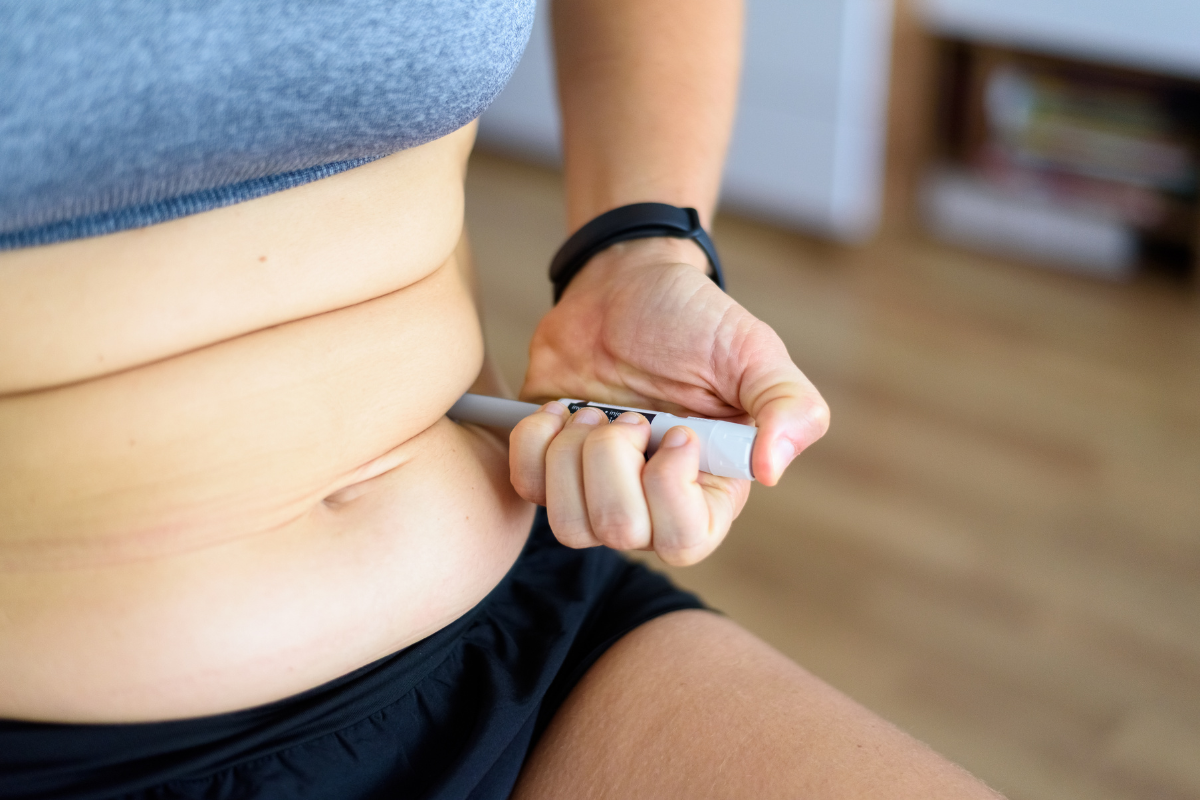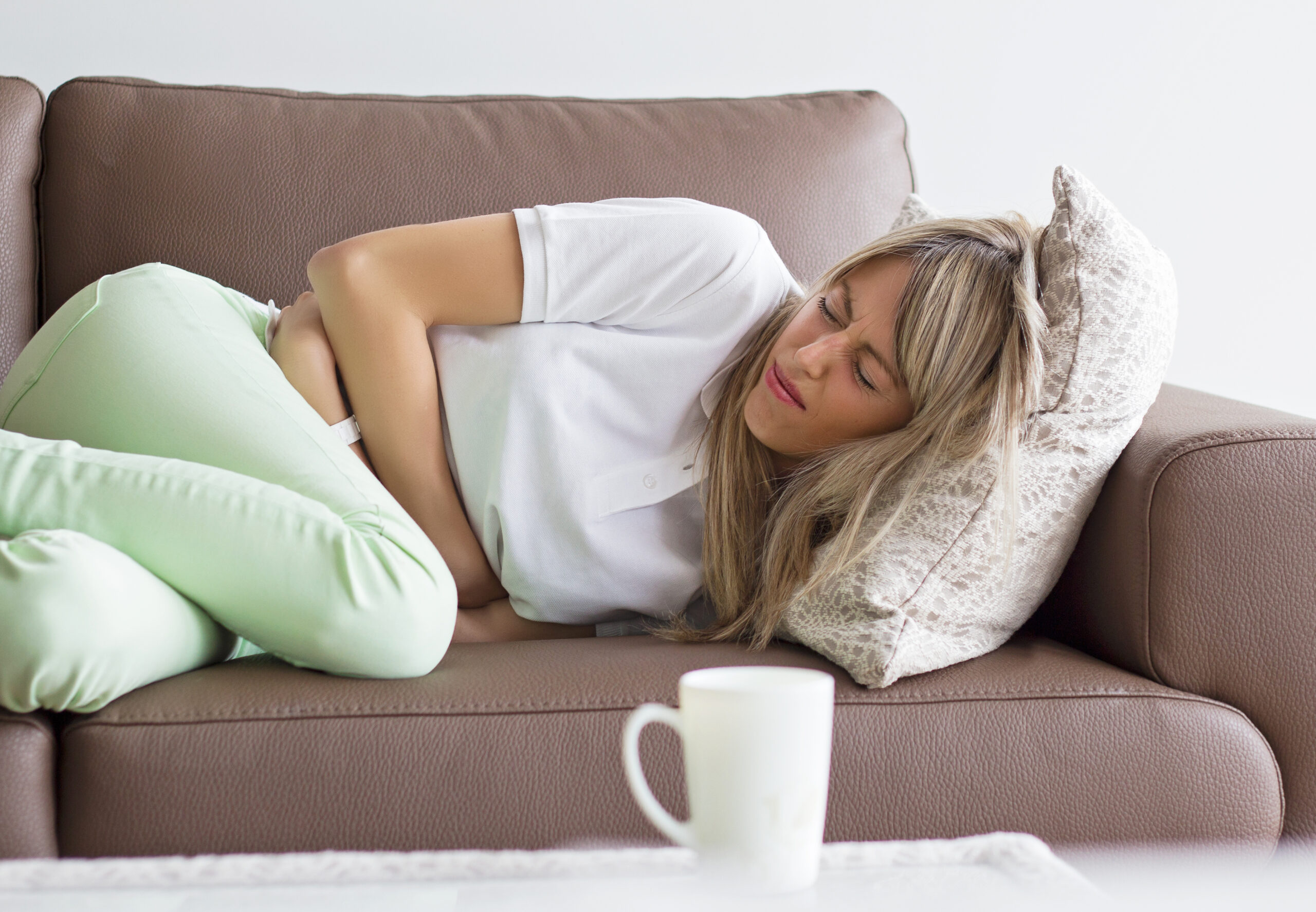
There are all sorts of hormonal issues which can affect your cycle and your overall health. Polycystic ovarian syndrome (PCOS) and endometriosis are two of the more widely known conditions that can affect women. A common question we see in the medical industry is can you have pcos and endometriosis at the same time? To which the answer, unfortunately, is yes, and in fact, a study done in 2015 found that women diagnosed with PCOS were more likely to also be diagnosed with endometriosis.
Keep reading for further information…
What is PCOS?
Polycystic ovarian syndrome, commonly shortened to PCOS, is a condition that affects the functionality of the ovaries. Polycystic ovaries contain a large amount of (harmless) follicles that, unlike the name suggests, are not actually cysts. The follicles are underdeveloped sacs in which the eggs develop, and in individuals with PCOS, the sacs are unable to release their egg, which means ovulation doesn’t occur.
It’s difficult to obtain exact numbers on how many women in the UK are suffering with PCOS, but it’s thought to be around one in ten. The condition often runs in families, and is related to hormone imbalances in the body, including unusually high levels of insulin.
The three main features of PCOS are:
- Irregular periods and an unreliable cycle (due to the fact that your body is not regularly releasing eggs).
- Excessive androgen, which is a “male” hormone, and may result in physical symptoms such as excess body or facial hair.
- Polycystic ovaries – this will only be determinable through testing, but it refers to when your ovaries become enlarged, and form fluid-filled sacs that surround the eggs in your ovaries.
If you have at least two of these symptoms, you may be diagnosed with PCOS.
Other symptoms may include:
- Difficulty getting pregnant (due to irregular ovulation, or no ovulation).
- Noticeable fluctuations in weight.
- Head hair loss or thinning hair.
- Oily skin and acne.
What is Endometriosis?
Endometriosis is a long term condition that can have a significant impact on your life – in patients with endometriosis, tissue similar to the lining of the womb grows in other places (such as in the fallopian tubes, or in the ovaries).
Symptoms of endometriosis are varied, and can either affect your life either quite drastically, or may not be noticeable at all. Symptoms include:
- Cramping in your lower stomach or back, usually worse during your period.
- Debilitating period pain that disrupts your daily life.
- Pain during or after sex.
- Nausea, constipation, diarrhoea, or blood in your urine during your period.
- Difficulty conceiving.
- Unusually heavy periods.
Endometriosis is difficult to diagnose, because symptoms can vary from patient to patient. On average, it takes eight years to get an endometriosis diagnosis. If you’re trying to track your symptoms, either for personal reasons or for medical proof, Endometriosis UK has a symptoms and pain tracker.
Can you have PCOS and endometriosis at the same time?
While the key causes of endometriosis and PCOS are different, it is unfortunately possible to suffer from both conditions at the same time. A study done in 2015 suggested that individuals with PCOS are more likely to suffer from endometriosis, and an older study from 2011 suggested that the high levels of androgens and insulin caused by PCOS could indirectly increase estradiol levels, which might increase the risk of endometriosis.
Distinguishing between the two conditions is also not always straightforward. While they have differing symptoms, there is some overlap – both conditions can cause fertility issues, as well as heavier than usual periods, frequent bleeding in-between menstruation, and longer than usual periods. The key distinction between the two is that pain is not a main symptom for PCOS, whereas it is for endometriosis.
How can the Marion Gluck Clinic help?
At the Marion Gluck Clinic, we offer bioidentical hormone replacement therapy (BHRT), an alternative to traditional hormone replacement treatments, to correct hormonal imbalances and help relieve symptoms. Our doctors have found that hormonal treatment is particularly effective for symptoms of endometriosis, as it counteracts the effects of oestrogen, which naturally stimulates cell growth in tissues, and contributes to endometriosis symptoms. Both endometriosis and PCOS will be treated with a combination of medication, nutritional advice, hormone balancing, and lifestyle changes, all specifically tailored to each individual patient.
If you’re suffering with a hormonal imbalance, please get in touch with our team for a consultation, and an advisor will be in touch to book a session with one of our expert doctors.



